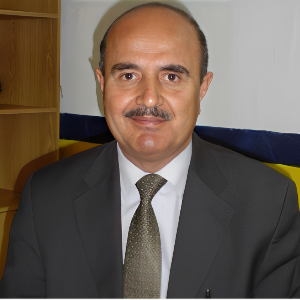Title : Evaluation of three tomato varieties (Solanum lycopersicum L.) inoculated with bacteria under stress conditions induced by wastewater and copper sulfate
Abstract:
The objective of this study was to evaluate the responses of three tomato varieties (Solanum lycopersicum L.) inoculated with bacterial strains under stress conditions induced by wastewater and copper sulfate in a greenhouse environment at the Postgraduate Campus Montecillo, Texcoco, Mexico. A completely randomized block design with a factorial arrangement was employed, involving 108 experimental units (3 replications × 2 copper sulfate levels × 2 soil types × 3 bacterial consortia × 3 tomato varieties). Variance analysis and Tukey's mean comparison test (P ≤ 0.05) were used to analyze the data. The results demonstrated that bacterial inoculation positively influenced the development of tomato plants grown for 120 days under copper stress and in soils historically irrigated with wastewater. In the R.G. 22 variety, Consortium 1 (Pseudomonas putida, Pseudomonas fluorescens, and strain A9) significantly enhanced plant development. For the R.G. 19 variety, Consortium 3 (strains A, D, A7) yielded the best results, while in the R.N. 22 variety, both Consortia 1 and 3 promoted seedling growth. Across evaluations, Consortia 1 and 3 consistently showed positive effects on plant development. Specifically, Consortium 1 improved stem length and diameter, root length and volume, and aerial dry biomass compared to the control in R.G. 22. In R.G. 19, Consortium 3 increased stem and root length, aerial dry biomass, and leaf area. For R.N. 22, the use of both consortia enhanced the number of leaves, root length and biomass, and aerial dry biomass relative to the control.


